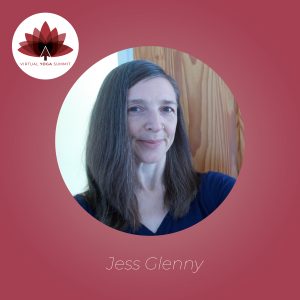
Supportive Teaching for People with Developmental Trauma in the Yoga Class
This article is adapted from The Yoga Teacher Mentor: A Reflective Guide to Holding Spaces, Maintaining Boundaries, and Creating Inclusive Classes, which will be published by Singing Dragon in January 2019.
Developmental trauma (also known as complex trauma) is more common than is generally assumed and often undisclosed at yoga classes, even where it’s asked about on student intake forms. Most often, you will gradually become aware of the signs of developmental trauma through observing how your student is (or isn’t) in their body, the kinds of connection they are able to make and sustain with you as teacher, and how they relate to the group at large.
Developmental trauma generally begins very early in life, sometimes before birth and often prior to the development of language and cognitive thought, and is a response to childhood experiences such as neglect, abandonment, and/or physical or sexual abuse. The severity of the consequent trauma response depends to a large extent upon whether any trustworthy and caring adult – teacher, grandparent, older sibling, foster-parent – was available to the child. Recovery is generally much harder for those with whom no one formed a genuine, altruistic and nurturing bond.
Successfully resolving developmental trauma is a slow and challenging process, but it is possible, given appropriate forms of therapy (these are different from the types of therapy useful for working with PTSD or one-off trauma). Without therapeutic intervention, the effects of developmental trauma usually persevere into adulthood, profoundly affecting the person’s physical and mental well-being, cognition, capacity for meaningful relationship, and ability to live in and from their present-moment embodied experience. Continue reading